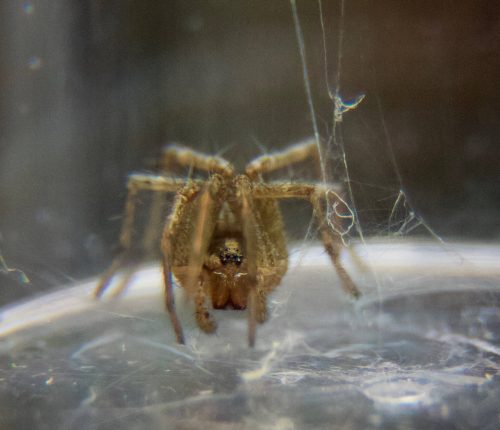Wise has an op-ed that spells out what they did to defeat David Duke in Louisiana. Don’t avoid the issue of racism, confront it head on.
In the early 1990s, I worked for the Louisiana Coalition Against Racism and Nazism, an organization founded for the purpose of defeating Duke, a white supremacist and former Ku Klux Klan leader, in his bids for the U.S. Senate and governor’s mansion. During those two campaigns, we learned that if you want to deflate a movement whose yeast is racism, you can’t do it with a raft of policy proposals, because racist movements don’t rise in the first place based on policy ideas. And if a racist’s political opponent avoids the subject of race, and tries instead to appeal to voters with proposals on health coverage and tax reform, that normalizes the racist, whether it’s Duke, Trump or someone else, by treating them like any other candidate, and treating the election at hand as if it’s merely a debate between two legitimate, contrasting public policy visions.
To win an election where the issue of race is front-and-center, antiracists must make it clear to voters that when they cast their ballots, they are making a moral choice about the kind of people they want to be, and the kind of nation in which they want to live.
This is going to be terrifying to craven wonks at the DNC, because Duke got more white votes in that election than in the previous one. But there was a surge in black turnout, and that turned the tide.
Policy is good, especially at sorting out preferences within the Democratic field. Once the noise settles down, though, I think the Democrats have to focus on Trump’s racism and misogyny and make it clear that this next election is about the fate of the country.






